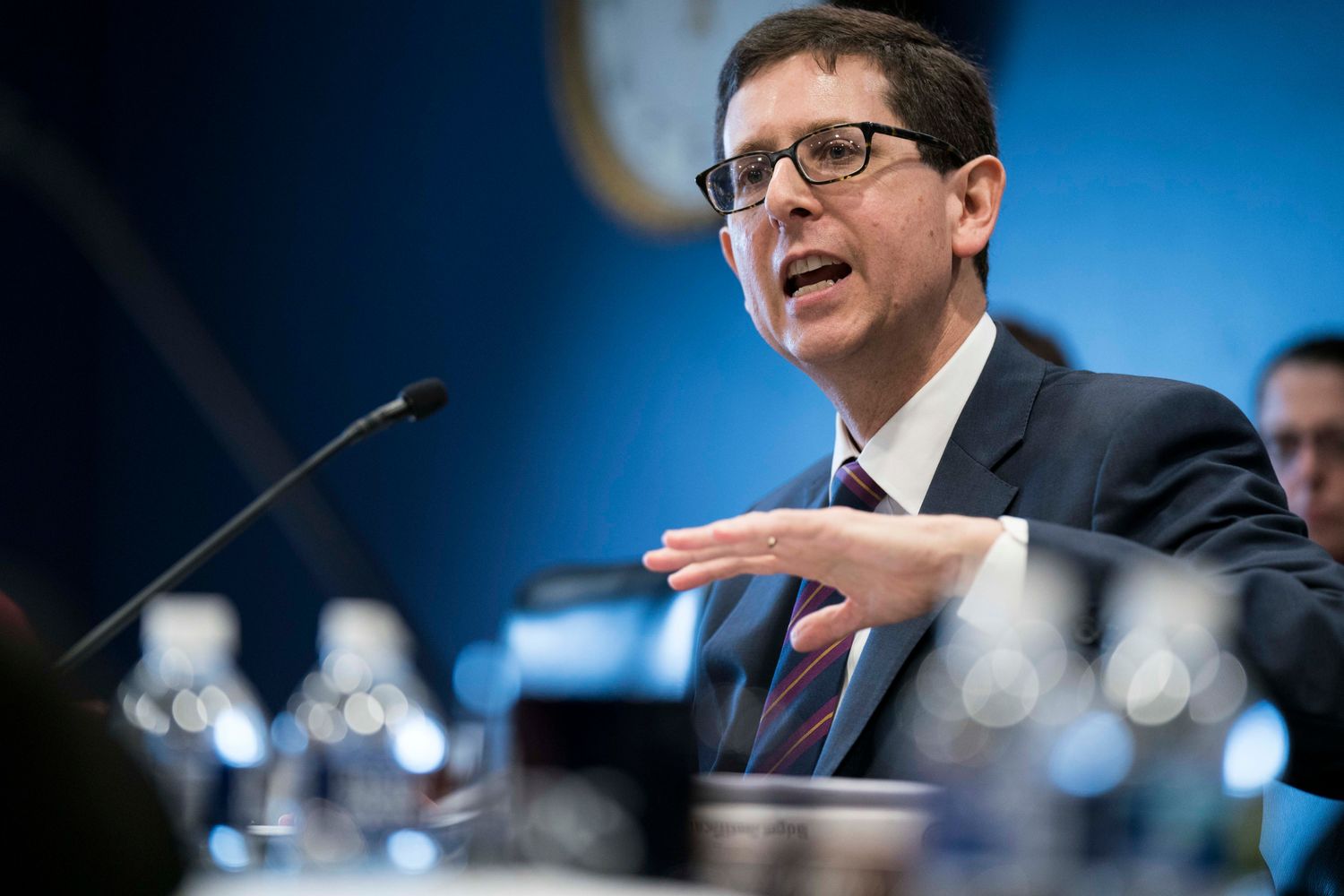
“Continued business closures and the reduction in hours worked mean that the supply of certain goods and services will remain suppressed,” the head of the independent budget agency wrote. “At the same time, as people limit their social interactions, household and business demand for many goods and services will be subdued.”
“Therefore, CBO estimates that as long as some degree of social distancing remains in place, the economic boost that might be expected from recent legislation will be smaller than it would be during a period of economic weakness without social distancing,” he said.
Spending by individuals and businesses will be recovered in the future “as stay-at-home orders and other interventions continue to ease,” he said.
Swagel cautioned that CBO’s projections are clouded by a “high degree of uncertainty” about how the pandemic will unfold, among other issues.
Nominal GDP is $3.9 trillion lower for this year and next year compared to projections that CBO made in January, largely driven by a huge drop in consumer spending.
Congress has passed four legislative packages in response to the coronavirus crisis, which CBO has projected will increase the federal deficit to nearly $4 trillion this year.
CBO has also scrambled to offer economic projections that account for the pandemic, predicting that economic growth will start to improve in the second half of this year but that the unemployment rate could remain high for months to come.
Bipartisan negotiations on another round of coronavirus relief have yet to begin, and last week‘s surprisingly positive jobs report has contributed to a lack of a sense of urgency.
Source: politico.com
See more here: news365.stream






